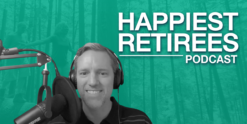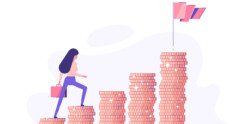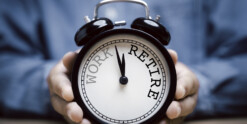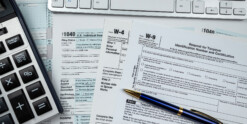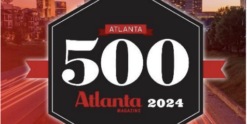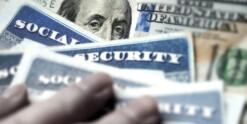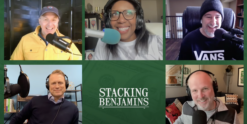The Twenty-First Century has been rough on investors. In 2000 we saw the dot-com bubble burst, and in 2008 we saw the bottom drop out of the U.S. stock market when the financial crisis was in full swing. Both of these events reminded investors just how difficult markets can be, and moved scores of investors from greedy to cautious. Greed never disappears for long, though, and I’m starting to see some signs that it’s rearing its ugly head again.
Despite the publicly traded equity markets (the U.S. stock market) hovering near all-time highs, what investors are paying for stocks right now isn’t outlandish relative to history. Price-to-earnings ratios for the S&P 500 are near their historical average of 16-17 times next year’s earnings. Compare that to a P/E of nearly 30 (almost twice as expensive) in March of the year 2000. So where’s the greed now? It looks like it’s moved to the private market.
This marketplace (not the Dow or S&P 500) is called private equity. These are private investors and pools of capital that invest in medium to large private companies in the hopes of helping them “go public” for a gigantic payday. What this means is that there’s still plenty of good old fashion greed that goes into this, but what may be an even more powerful force at work is what I call “Facebook FOMO (Fear Of Missing Out).”
When Facebook took its stock public on May 18th of 2012, many financial professionals, myself included, believed that the stock was overly hyped. After its official launch the stock dropped a whopping 30 percent. However, since then it has risen to around double its initial offering price.
While all investors have had the opportunity to jump on this investment bandwagon and enjoy the upswing since the stock went public, the people who really made money on this stock were the private equity investors that had ownership before the stock when public with an IPO (Initial Public Offering).
Let’s just look at some quick highlights on who made millions or billions of dollars on the day of Facebook’s IPO*:
– Mark Zuckerberg – $19.1 billion (the founder of Facebook who is now #16 on Forbes list of richest people in the world)
– Sean Parker – $2.6 billion (the guy who invented Napster)
– Bono & Co. – $1.5 billion (yes, that Bono, with the help of his investment group Elevation Partners)
– David Choe – $200 million (the graffiti artist who painted Facebook’s first office)
– Facebook employees at the time – An average of $4.3 million per employee
*Please note that these numbers above were pulled from outside resources. Most are estimates and not exact.
Seeing these numbers, it’s probably hard to quell the green-eyed monster of jealousy and its cousin, greed, and you’re not alone in those feelings.
Now, after seeing such success, more and more investors are looking for “Unicorn” tech companies that might just have a sky-rocketing return if they can invest in the private equity of the company.
Even Carl Icahn, #31 on Forbes’ list and a well-known investor, recently invested $100 million in Lyft, a car-hailing app similar to Uber.
“If Uber is worth $50 billion, Lyft is worth a lot more than $2 billion,” Icahn has said.
That sounds like Facebook FOMO to me.
I’m not advising investors to ignore start-ups or even wait until a company is public to invest. However, I do believe that good investing means listening to the numbers. Bubbles are formed when investors believe they can ignore the simple rules of economics and just follow the latest trend to get rich quick. The chances of it working out for most of us are less than one in a million. What’s more likely to work is the methodical discipline of investing and saving over time. Getting rich slow may be boring…but it works.
Read the original article here.


